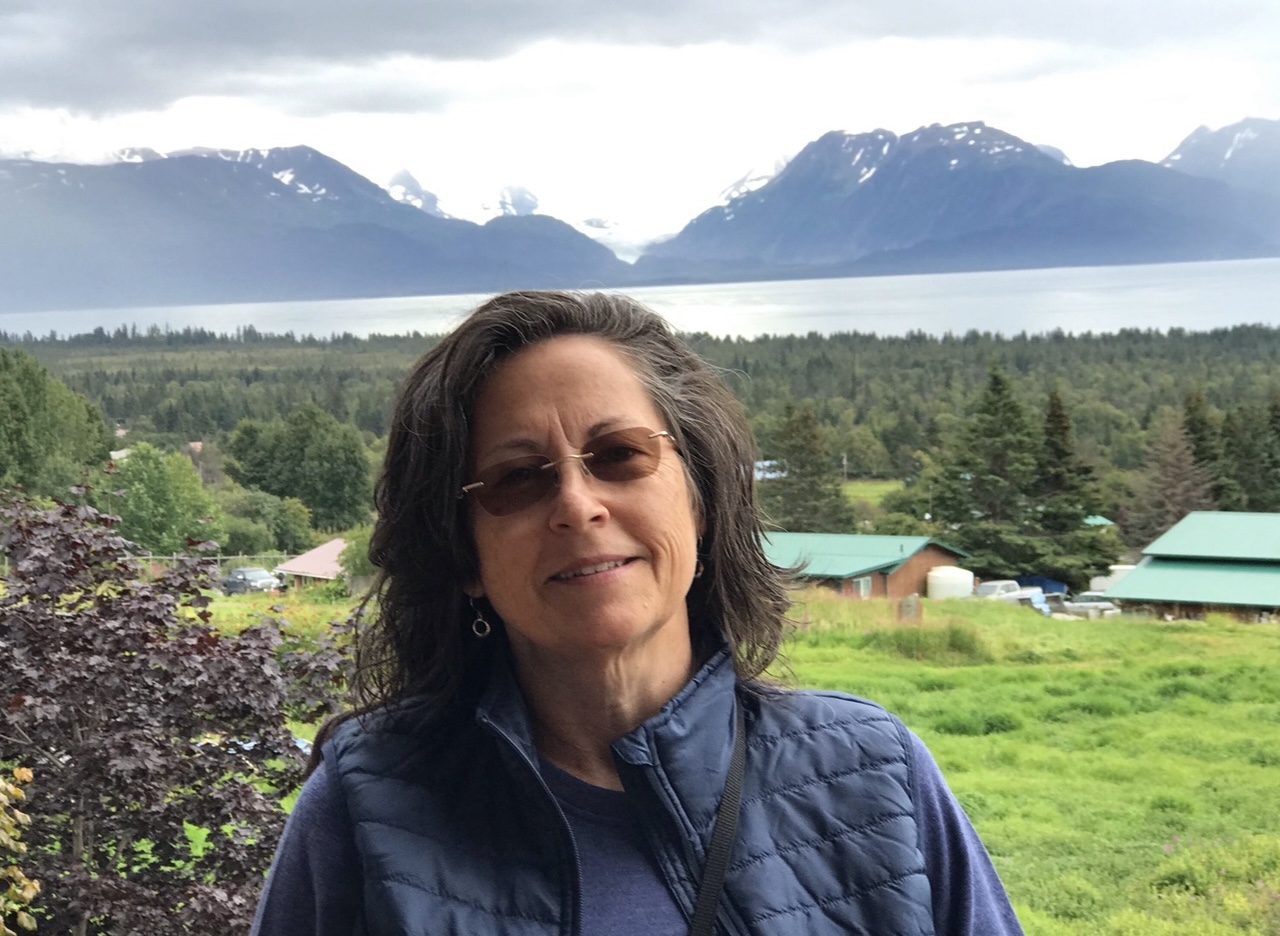The Grief of Caregiving
- Nola Metz Simpson

- Apr 3, 2025
- 3 min read
Grief, Stress & the Invisible Weight of Holding It All Together
Caregiving can be an act of deep love—but it can also be a silent source of grief.
Whether you’re caring for children, an aging parent, a partner with health challenges, or a loved one in emotional distress, caregiving often becomes a role that consumes more than just time. It demands your energy, your presence, your patience, and sometimes your identity.
And yet, caregivers—especially women—are expected to do it all with grace.
As a grief and trauma counselor, I see what’s often hidden beneath the surface for caregivers:
The quiet grief of losing your own freedom, time, and sense of self
The emotional labor of being “the strong one” day after day
The weariness of giving more than you have to give
The isolation that comes when your needs are consistently pushed aside
Grief isn’t just about death. It can come from the ongoing loss of the life you once had, the dreams you've put on hold, or the parts of yourself you no longer recognize.
One of the most painful—and often unspoken—aspects of caregiving is the loss of self.
When your days are centered around meeting everyone else’s needs, your own identity can begin to blur. Hobbies go quiet. Relationships shift. Passions get pushed aside. Even the question, “What do I need?” becomes difficult to answer.
Over time, many caregivers find themselves wondering:
Who am I outside of this role?
What happened to the person I used to be?
What does my future look like?
This disconnection from self can carry deep emotional consequences. It may look like:
A sense of emptiness or disorientation
Feeling invisible or unacknowledged
Losing confidence or a sense of purpose
Sadness or grief that feels vague, but persistent
Longing for space, autonomy, or simply to be seen as a whole person
The Silence Around Help-Seeking
And still—many caregivers struggle to ask for support.
There’s a deeply ingrained cultural message that says, you should be able to handle this. That being “strong” means doing it all alone. That asking for help is a sign of weakness, or worse, failure.
This belief system can be incredibly isolating. It leaves caregivers silently suffering behind closed doors, while appearing “fine” to the outside world. It keeps you stuck in cycles of exhaustion, guilt, and self-neglect—because vulnerability feels too risky, and strength is equated with silence.
But here's the truth:
There is strength in asking for help.
There is courage in saying, “This is hard, and I need support.”
So When Is It Time to Seek Support?
If you're reading this and something is stirring inside, here’s what I want you to know: You don’t need permission to want help. You don’t need to wait until you're in crisis to say, “I need a space for me.”
Signs it might be time to reach out:
You're emotionally and physically exhausted, even after rest
You feel like you're losing yourself in the caregiving role
You're grieving what you've lost, but can’t name it
You crave space to process, breathe, and just be
You Deserve to Be Held, Too
Counseling can be a space to process the grief of caregiving, the identity shifts, the resentment, the guilt—and to do so without judgment.
In my work, I blend traditional grief and trauma therapy with nervous system regulation, mindfulness, and somatic approaches like yoga and breathwork. I believe healing happens when we bring the mind, body, and spirit into alignment—especially for those who’ve spent so long living in service of others.
You are not just a caregiver. You are a whole person. You deserve to feel like yourself again.
I currently offer individual counseling and workshops of many kinds to support women in all stages of life, and I’m exploring a Self-Care Day Retreat (June 2025) as well as a support group specifically for women caregivers.
If this resonates with you, I’d love to hear what kind of support you’re craving most right now. Whether it’s space to breathe, grieve, connect, or simply rest—I’m here to help hold space for you.
You matter, too.
With care,
Nola Metz Simpson, MPA, M.Ed., LCMHC | Grief & Trauma Specialist |




Comments